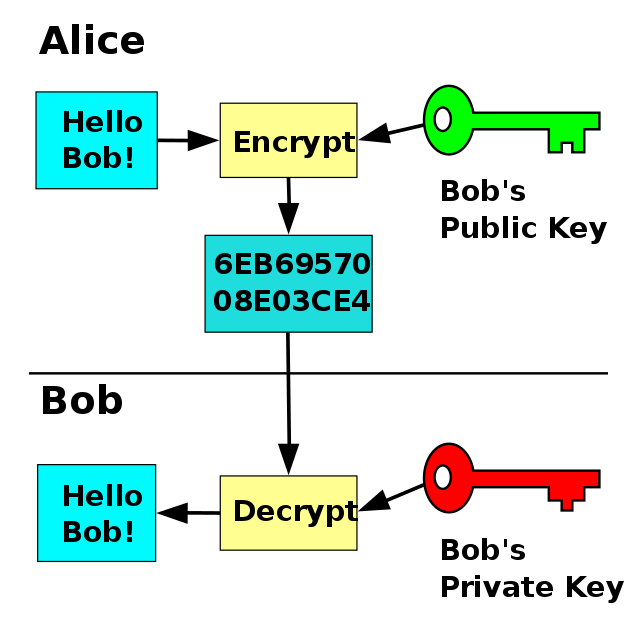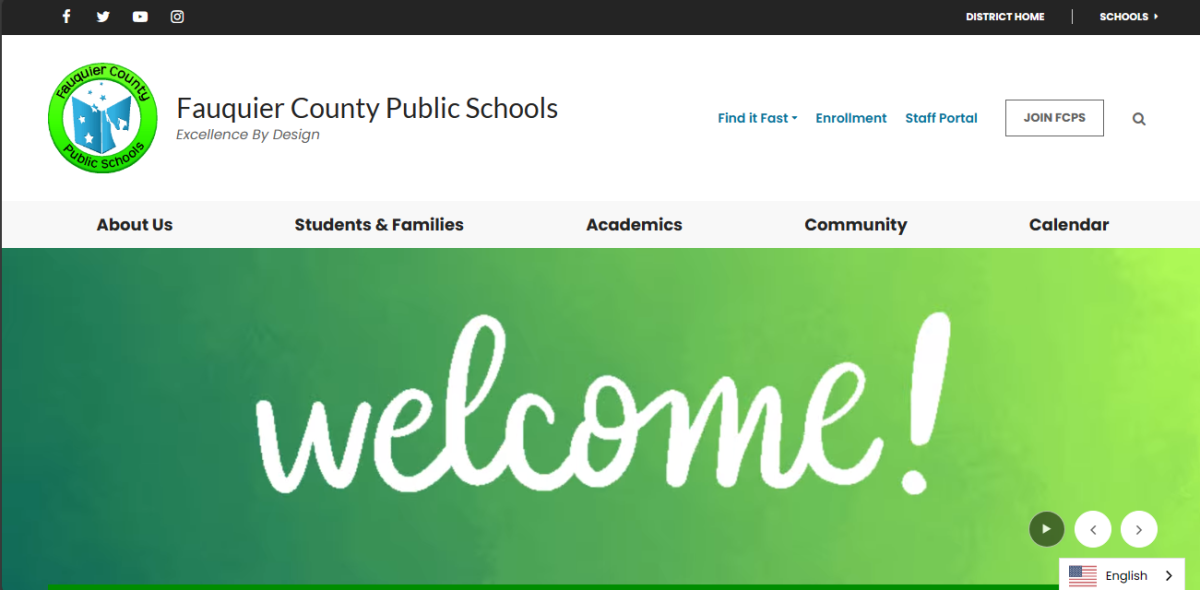Cyberattacks, malicious domains, scams, malware…all of these problems arise from our friend: The internet. According to Akamai researchers, 13 million new and malicious domains are created every month, and, according to a survey from Incogni with over 2,000 respondents, 80% of them say that the government isn’t doing enough to protect online privacy, with 70% of them saying that they don’t feel safe online. The dangers that are on the internet aren’t reserved, literally anyone can face them, even schools on a national level, down to a singular school such as FHS. A recent example of this would be the ransomware attack on FHS. Thankfully, Fauquier believes that no personal information was leaked, according to scmagazine. Fairfax County Public Schools wasn’t so lucky in 2020; according to Wusa9, some public schools suffered a cyberattack, in which they believe some personal information of staff and students have been leaked to the dark web. This could happen to Fauquier.
Fortunately, there are lots of ways to enhance privacy and security, some as simple as checking the spelling of a website URL and some that are more complex–such as running DNS (Domain Name System) over HTTPS.
Check the spelling: There’s a type of scam called typo squatting, in which scammers make a domain name that is incredibly close to the original website. These fake domains in question have rather subtle changes to the name of the original domain (e.g., Homedepot.com and Homdepot.com), so it is hard to track whether it is a legitimate website or a scam. Some browsers such as Microsoft Edge have a setting that sends a warning if it thinks a domain name is misspelled, but keeping track of whether the domain is correctly spelled or not is something personally managed.
Activate DoH (DNS over HTTPS) on public networks: Public networks are incredibly easy to hack. Take the cyberattack on FHS that The Falconer reported on as an example, where a group of hackers possibly tapped into the school’s public wifi network. DoH serves to slightly remedy that problem. The DNS first makes a domain name into their IP, then the DNS query gets encrypted by HTTPS. This can help stop data tampering or spying from managers of a network or snoopers of a private network, it works because it’s bypassing the wifi’s DNS resolver and encrypting the query. Luckily, any basic user can activate DoH on a Windows 11 computer by going to settings, then to network and internet, and finally hardware properties. Turn on IPv4 and IPv6 DNS servers, input the address of the DNS wanted, and activate DoH. Usually, though, DoH is activated by default, meaning; just set up the DNS and forget about it.
Make sure HTTPS is on: The HTTPS icon is a padlock typically located on the left-hand corner of the search bar in a website. If the padlock icon looks locked, then the HTTPS encryption on this website which contains this and many other articles are certified by a trusted authority. Be cautious or steer completely clear of websites that don’t have HTTPS, because then the information sent from the computer or any other device to the website can be easily intercepted. Thankfully though, browsers such as Chrome, Firefox, or Microsoft Edge will give a warning if entering an HTTP site or a dangerous site, so it is a safeguard from entering a website blindly.
Run an Antivirus: Running an antivirus program can stop a lot of malicious domains if they have the features. Some can also protect users from downloading anything that might have a type of malware that will affect a computer or phone. It can also run a warning if information is potentially on the dark web or other suspicious websites.
Activate a VPN: A VPN, or virtual private network, redirects any web traffic from the ISP’s server to the server the VPN is connected to. It is the best way to not only get lots of anonymity and security, but also bypass geo-restrictions. It provides anonymity because it makes an IP change, and any web traffic is directed to the VPN server, where it is immediately destroyed–assuming a reputable VPN is used. Moreover, it provides extra security because the data is strongly encrypted, usually using AES-256, which is regarded as the best encryption protocol for storing personal information; if a hacker were to intercept the data, it would appear as a useless hunk of garbled encryption. According to recent survey results, one third of the respondents use a VPN, with the majority (26%) saying that they use it to bypass geo-restrictions, with one-fourth citing extra privacy, and one-fourth citing extra security, though there are some other reasons why the respondents use a VPN.
Overall, surfing the web is a huge treat that the majority of Americans can enjoy, and despite dangers always being present on the World Wide Web, these measures can secure anyone and make sure that it has a lesser chance of happening by following this guide. Nothing is guaranteed, that is the truth, but at least it’s some cold comfort knowing that some can lessen the chances of it happening.






